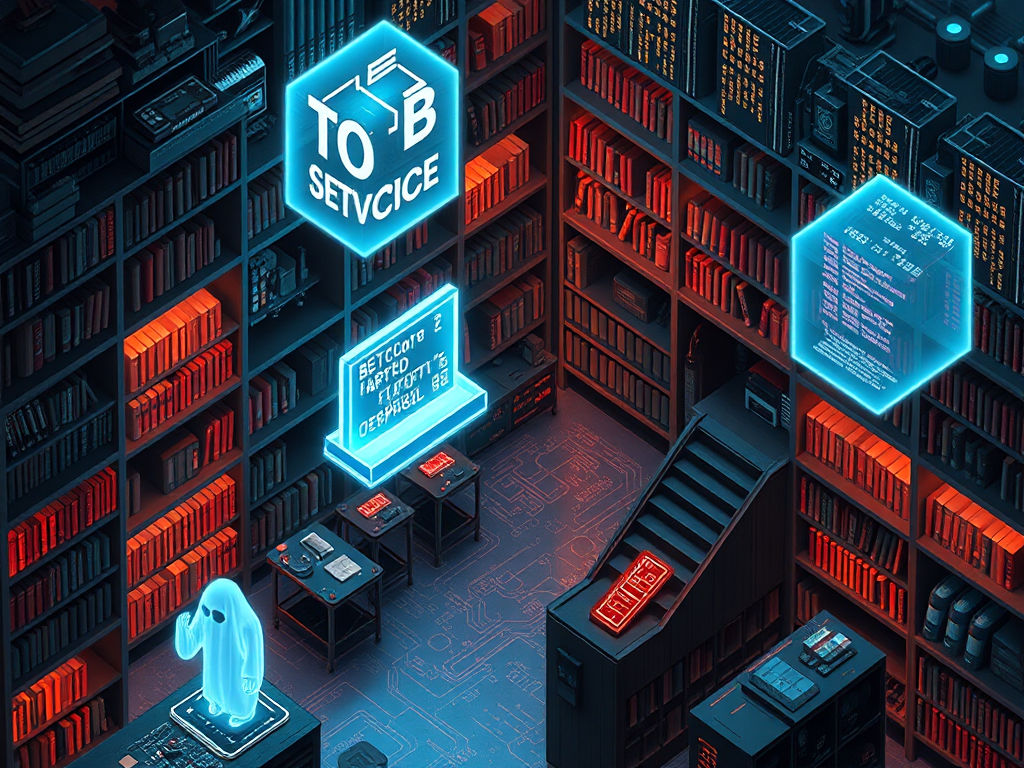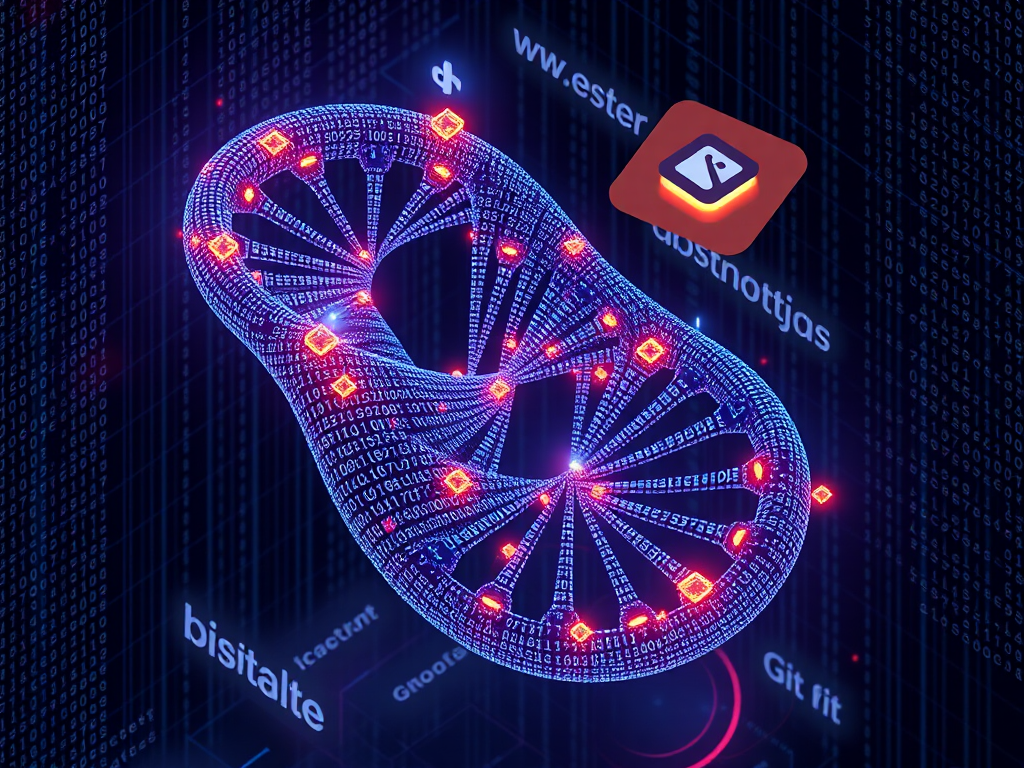Origin
Have you ever encountered situations like these: accidentally deleted important functionality while coding and couldn't recover it? Or had your code overwritten by colleagues during team development and needed to rewrite it? These were pain points I encountered in my early development career. It wasn't until I started using version control systems systematically that these problems were perfectly solved.
Today, I want to share my experience and insights on using version control in Python projects. From being a novice who knew nothing about version control to now being proficient in using Git to manage large projects, this process has made me deeply understand the importance of version control.
Understanding
I remember when I first encountered version control, it was like opening a door to a new world. A version control system isn't just a tool for saving code; it's more like a time machine that allows us to return to any point in time in our project.
I think the simplest way to understand version control is to imagine it as a smart camera. Every time you modify and commit code, it takes a "snapshot" of your project. These "snapshots" not only record the content of the code but also include who made what changes and when.
Version control systems mainly come in two types: centralized and distributed. I initially used SVN (centralized) before switching to Git (distributed). These two systems each have their characteristics, like buffet and à la carte dining - SVN is like a buffet where all the food is in one place for everyone to access, while Git is like à la carte dining where everyone can keep a complete history of all code on their own computer.
Practice
Speaking of practice, I want to share a real case. Last year, our team developed a data analysis platform with over 100,000 lines of code. Without version control, this project would have been impossible to complete successfully.
Let's look at how it works specifically:
First, we need to initialize a Git repository:
git init
Then, we need to tell Git which files to track. In Python projects, we typically create a .gitignore file to exclude files we don't need to track:
__pycache__/
*.pyc
venv/
.env
Next comes the daily code commit process:
git add .
git commit -m "Implement user authentication"
git push origin main
Advanced
As the project deepened, I gradually mastered some advanced techniques. For example, with branch management, our team adopted the Git Flow workflow:
- main branch: for stable production environment code
- develop branch: the baseline branch for development environment
- feature branches: for developing new features
- hotfix branches: for fixing urgent production issues
This branching strategy made our development process more orderly. For example, when we need to develop new features:
git checkout -b feature/user-authentication
git checkout develop
git merge feature/user-authentication
Tips
Through practical use, I've summarized some useful tips:
- Commit messages should be clear and concise. Our team adopted a unified commit message format:
feat: add user login functionality
fix: fix database connection leak
docs: update API documentation
-
Commit code frequently. My experience is to commit immediately after completing a feature, rather than waiting until many changes accumulate. This not only makes it easier to track issues but also prevents code loss.
-
Make good use of Git's undo functionality. For example, when you want to undo the most recent commit:
git reset --soft HEAD^
git reset --hard HEAD^
Reflection
After using version control for so long, I have some deeper thoughts to share with you:
-
Version control is not just a tool, but a development mindset. It teaches us how to systematically manage code and how to collaborate with teams.
-
Code quality and version control are inseparable. Through code review mechanisms, team members can learn from each other and improve together.
-
Version control helps us better understand the evolution history of a project. By reviewing commit records, we can understand how each feature was implemented step by step.
-
Version control is equally important for individual developers. It helps you better manage your code and record your thoughts and decisions during development.
Looking Forward
I believe that as software development complexity continues to increase, version control systems will become increasingly important. Especially in dynamic languages like Python, good version control habits can help us avoid many potential problems.
Finally, I want to say that mastering version control is not something that happens overnight. It requires time and practice, but once mastered, it becomes an indispensable part of your development work. What do you think? Feel free to share your experiences and thoughts in the comments.




 Previous
Previous 





